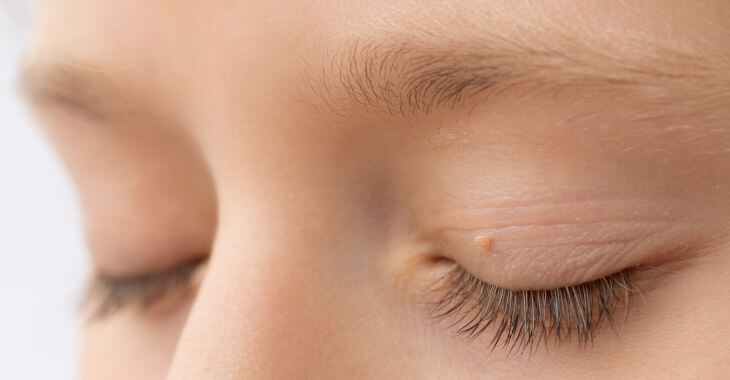Myths About Sun Exposure and Skin Damage

There has been a wide-spread campaign to educate the public on the dangers of sun exposure and skin cancer. However, there are still many myths that people still believe when it comes to the dangers of skin damage from the sun. With the high number of skin cancer cases, more are diagnosed each year than all other types of cancer combined, awareness is key to helping in prevention. Here are some of the myths about sun exposure and skin damage to help you protect yourself against the dangerous effects of UV rays on your skin.
Cloudy Days are Safe
The clouds do not prevent UV rays from reaching your skin. Even if there is no direct sunshine, you are still exposed to UV rays and should be wearing sunscreen and clothing to prevent sun damage to your skin.
Clothing Will Prevent Skin Damage
Many people believe if they have clothing on over their skin, they do not need to put on sunscreen. While clothing does provide some protection, UV rays still can penetrate fabric and damage the skin. For those intending in spending the day outside, sunscreen and clothing used together are the best protection.
Darker Skin Doesn’t Need Sunscreen
Just because someone with darker skin may not burn as easily or you do not see the “tan” like on someone with fairer skin, it does not mean skin damage is not occurring. Everyone has a risk of skin cancer from overexposure to UV rays.
The best way to avoid skin damage from the sun is to reduce exposure. Always wear sunscreen when spending time outdoors, even under clothing, and stay in the shade as much as possible. For more tips on preventing skin cancer and early detection, talk with your local dermatologist.
Posted on behalf of:
Olansky Dermatology Associates
Peachtree Lenox Building
3379 Peachtree Road #500
Atlanta, GA 30326
(404) 355-5484
The information provided on this website, including text, graphics, images, and other materials, is intended solely for informational purposes and should not be used as a substitute for professional medical advice, diagnosis, or treatment.



)